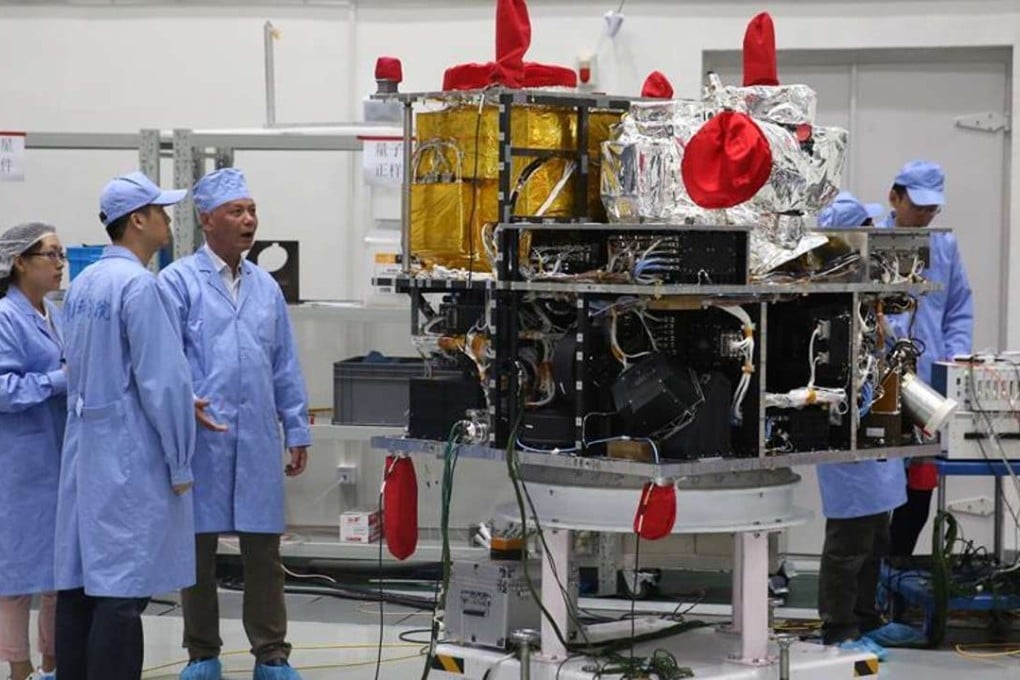Can China’s quantum radar become even more powerful? Scientists may have found the key
Experiment may extend range of systems that detect stealth aircraft, but Tsinghua physicist warns it could just be a ‘mathematical illusion’

Chinese researchers have conducted an experiment that could lead to a way to extend the range at which quantum radar systems can detect stealth aircraft.
The technology used very “gentle” methods to measure the quantum states of subatomic particles repeatedly and could be particularly useful in the detection of extremely weak signals, such as the radar signature of a stealth jet.
A quantum physicist at Nanjing University in Jiangsu province, who was not involved in the research, cautioned that it was “laboratory work, not mature enough for immediate field deployment”, but added that it could “boost the range of quantum radar, among other things”.
Quantum physicists at USTC have built the world’s first quantum satellite, which was launched in August, and its longest ground-based quantum communication network.